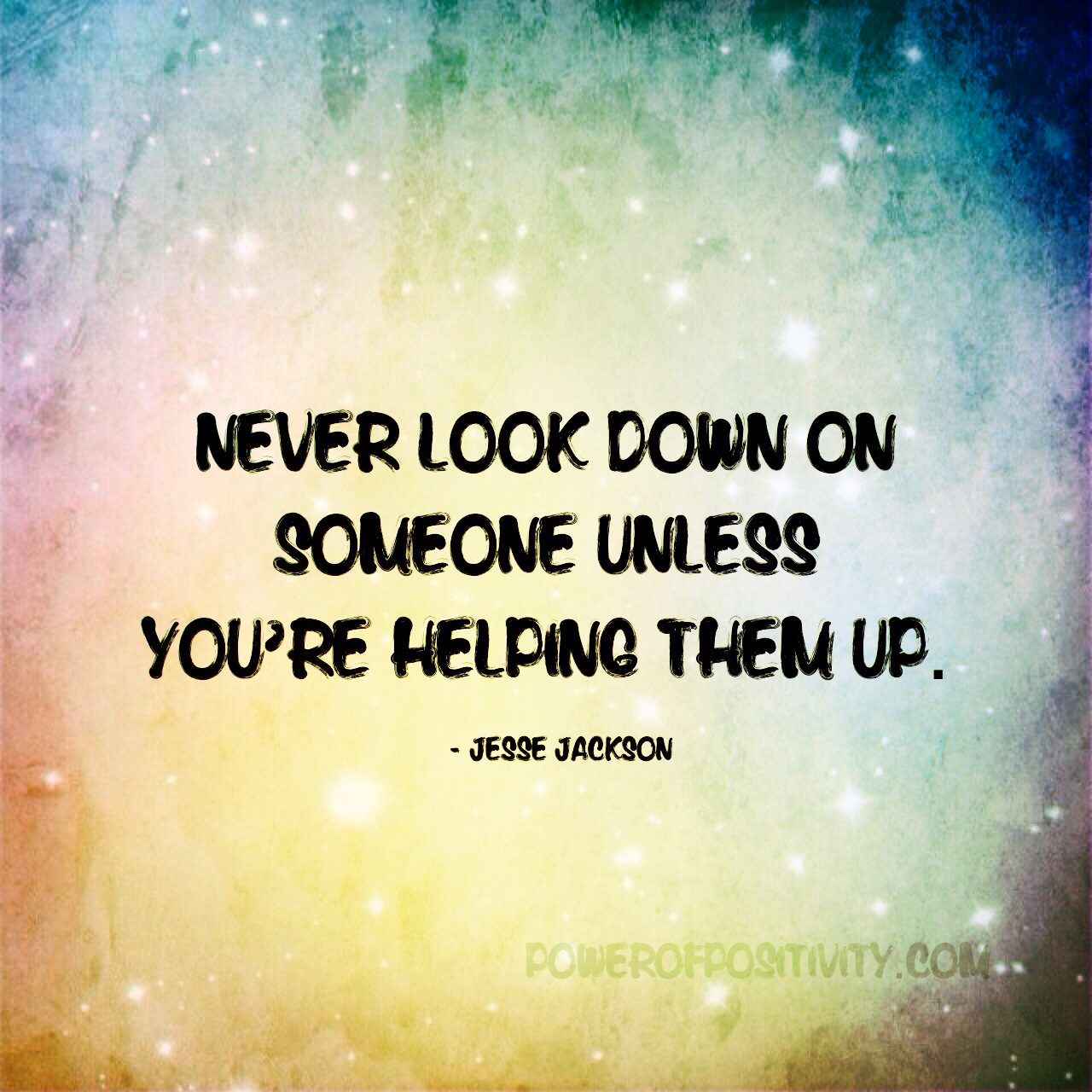Every word we speak is affirming our perspective of ourselves, others or the world around us. Essentially, we are using affirmations every day, sometimes without consciously realizing it. At times, our affirmations are not the most accurate or positive affirmations.
Consciously using affirmations can help us flip the switch and begin speaking in the direction that we actually want to travel – reversing the unconscious self-sabotage that holds us from our goals and dreams.
“An affirmation opens the door. It’s a beginning point on the path to change.” – Louise L. Hay
We have found that visual inspiration is always the best and most effective. So, we created a video with some of our favorite affirmations to bring you instant peace and serenity. It’s only a minute, too.
Without further ado, enjoy this little dose of instant awesomeness! 🙂
Positive Affirmations for Abundance:
Here are more Positive Affirmations for Abundance:
My good comes to me from every direction. I am open to receive!
I am in tune with the smooth, beautiful rhythm of the Universe. Abundance is lining up for me in EVERY area of my life!
I feel truly grateful for the abundance that surrounds me!
I remain grateful for the victories already on the way.
Focusing on my individual self will bring the outward results I am looking for.
I thrive and flourish in an environment that expands my current boundaries. My potential is truly limitless!
My thoughts and spirit are wealthy as can be. I am using my Power of Positivity!
Wealth is a mindset. I allow it to flow freely into my life and abundantly enrich multiple avenues.
Feeling and expressing gratitude in any situation allows me to change my focus to the good things in life.
I love my career and earn a good income.
Love is abundant in my life.
I open the doors to receive more right now.
I am self-sufficient! And, I am equipped with everything I need to THRIVE!!!
Life is sooo good to me!
How I feel matters, therefore I concentrate on aspects of life that make me feel good!
Positive affirmations will always be the main ingredient to attracting more health and abundance into your life.
We have a collection of affirmation articles on our site to help you expand your awareness and transform your life, just like we did.
Every day is a day to Shine. SHINE ON!







